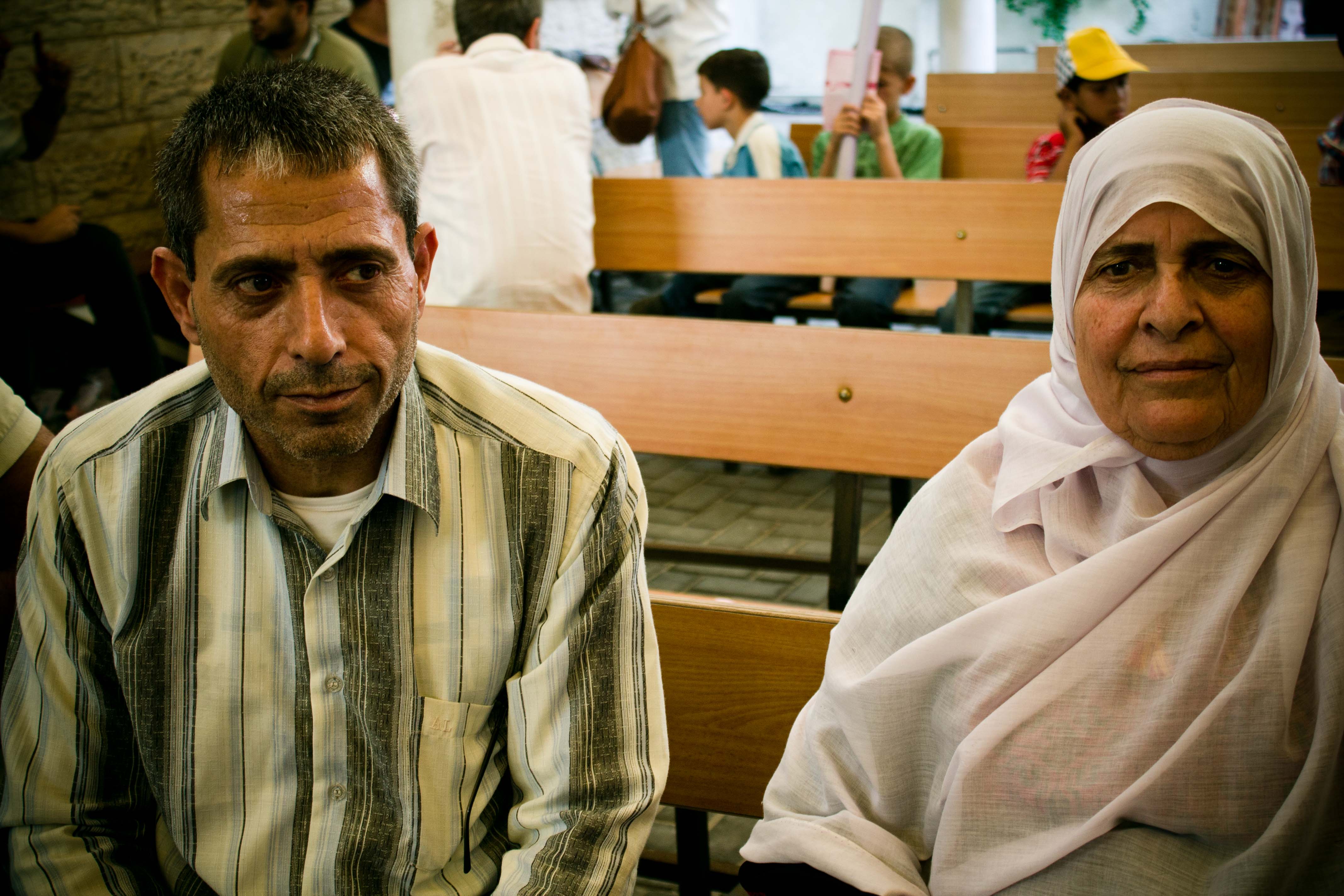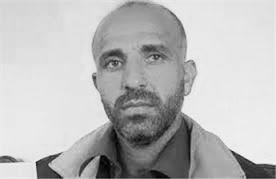Tag: Addameer
-
Photo: A freed detainee joins his mother at the Gaza protest she began 18 years ago
18th October 2013 | International Solidarity Movement, Gaza Team | Gaza, Occupied Palestine Ibrahim Baroud joined his mother, Ghalia Baroud, or Um Ibrahim, at Gaza’s weekly sit-in for Palestinian prisoners, which she co-founded, on Monday morning. Baroud, a former Palestinian detainee, was captured by Israeli forces on 9 April 1986, at the age of 23.…
-
Call to Action: Join Addameer’s Global End Administrative Detention Campaign!
8th April 2013 |Addameer, Occupied Palestine Addameer calls on activists and people of conscience to stand in solidarity with all political prisoners and join Addameer Prisoners’ Support and Human Rights Organization’s upcoming global campaign against administrative detention. Over 4,743 Palestinians are currently detained by Israel; 10 of them women, 193 of them children, and 178…
-
Palestinian hunger strikers insist on gaining their freedom even if the cost is their lives
5 December 2012 | Addameer Addameer Prisoner Support and Human Rights Association expresses its deep concern for the health and lives of five Palestinian political prisoners that are on hunger strike to protest their unjust detention in Israeli Occupation’s prisons. The five current hunger strikers are: Ayman Sharawna (158 days), Samer Al-Issawi (127 days), Oday…


